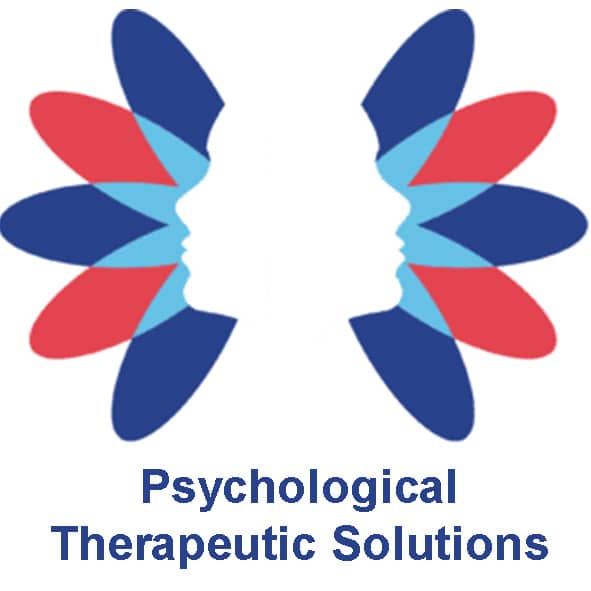There are several types of anxiety disorders including panic disorder, social anxiety disorder, specific phobias, and generalised anxiety disorder.
Anxiety is a normal human emotion that everyone experiences at times. Many people feel anxious, or nervous, when faced with a problem at work, before taking a test, or making an important decision. Anxiety disorders, however, are different. They can cause such distress that it interferes with a person’s ability to lead a normal life.
For people with anxiety disorders, worry and fear are constant and overwhelming, and can be crippling.
What Are the Types of Anxiety Disorders?
There are several recognized types of anxiety disorders, including:
- Panic disorder: People with this condition have feelings of terror that strike suddenly and repeatedly with no warning. Other symptoms of a panic attack include sweating, chest pain, palpitations (unusually strong or irregular heartbeats), and a feeling of choking, which may make the person feel like he or she is having a heart attack or “going crazy.”
- Social anxiety disorder: Also called social phobia, social anxiety disorder involves overwhelming worry and self-consciousness about everyday social situations. The worry often centers on a fear of being judged by others, or behaving in a way that might cause embarrassment or lead to ridicule.
- Specific phobias: A specific phobia is an intense fear of a specific object or situation, such as snakes, heights, or flying. The level of fear is usually inappropriate to the situation and may cause the person to avoid common, everyday situations.
- Generalised anxiety disorder: This disorder involves excessive, unrealistic worry and tension, even if there is little or nothing to provoke the anxiety.
How Are Anxiety Disorders Treated?
Fortunately, much progress has been made in the last two decades in the treatment of people with mental illnesses, including anxiety disorders. Although the exact treatment approach depends on the type of disorder, one or a combination of the following therapies may be used for most anxiety disorders:
- Medication: Drugs used to reduce the symptoms of anxiety disorders include anti-depressants and anxiety-reducing drugs. However, you would need to discuss this with your GP
- Psychotherapy: Psychotherapy addresses the emotional response to mental illness. It is a process in which trained mental health professionals help people by talking through strategies for understanding and dealing with their disorder.
- Cognitive-behavioural therapy: This is a particular type of psychotherapy in which the person learns to recognize and change thought patterns and behaviours that lead to troublesome feelings.
Mental health statistics: anxiety
- In 2013, there were 8.2 million people suffering with anxiety in the UK.
- Women are almost twice as likely to be diagnosed with anxiety disorders as men.
Useful Links:
If you feel as though you need our help to control your mood, then please contact us
